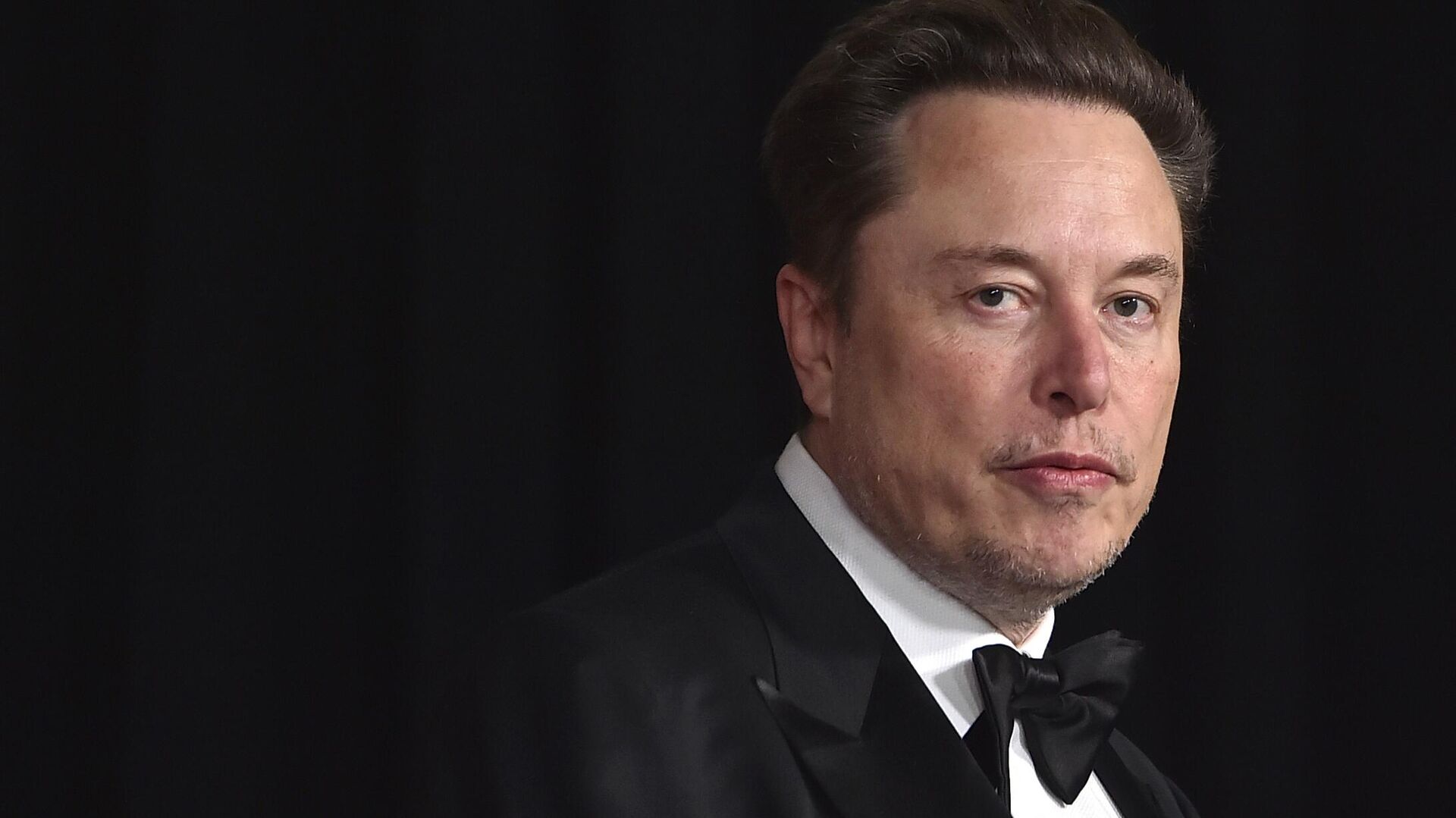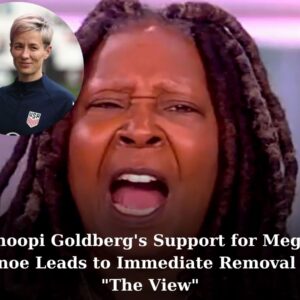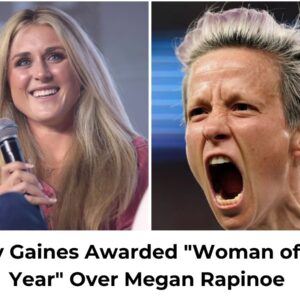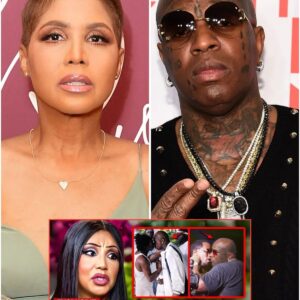Elon Musk’s Quip About “Build Back Better” Hats Ignites Social Media Firestorm

In a characteristically provocative move, Elon Musk recently stirred the pot during a live interview by quipping, “I’ve never seen a single person wearing a ‘Build Back Better’ hat!” This comment, aimed squarely at President Joe Biden’s signature infrastructure plan, rapidly went viral and sparked a wide array of reactions across social media. Supporters of Musk praised his candid humor and critique of government initiatives, while critics accused him of being disconnected from grassroots political movements. This remark has not only intensified the ongoing discourse about Biden’s policies but has also underscored the broader cultural divide in America, with Musk once again at the epicenter of public debate.
Musk’s statement was met with a chorus of approval from his fans, who viewed it as another example of his willingness to challenge political orthodoxy. Many applauded his humorous take on a serious political initiative, interpreting it as a criticism of the tangible impact of Biden’s policies. “Elon says what we’re all thinking,” tweeted one supporter. “Who has ever seen a ‘Build Back Better’ rally?” Musk’s admirers often see him as a maverick who isn’t afraid to speak his mind, even if it means courting controversy.

On the other hand, detractors were quick to condemn Musk’s remark, suggesting it reflects a lack of understanding of grassroots political movements and the nuances of public policy. “Musk might not see ‘Build Back Better’ hats because he’s too busy counting his billions,” one critic posted. “Real change isn’t about catchy slogans, it’s about impactful policies.” For many, Musk’s comment came off as dismissive of the efforts to address critical infrastructure and social issues through Biden’s plan.
The viral nature of Musk’s quip highlights the enduring polarization within American society. Supporters of Biden’s “Build Back Better” initiative argue that the plan addresses urgent needs, such as modernizing transportation, expanding broadband access, and tackling climate change. The absence of a catchy slogan on merchandise, they argue, does not diminish the significance of these efforts. Conversely, critics, including those who rallied behind Musk’s comment, often perceive the plan as ineffective or out of touch with the realities of everyday Americans.
This incident also exemplifies how figures like Musk can influence public discourse. His ability to turn a seemingly offhand comment into a viral sensation speaks to his influence and the public’s fascination with his persona. Whether viewed as a visionary or a provocateur, Musk’s opinions often ignite widespread discussion and debate, reflecting the deep divisions in public opinion.

Musk’s remark has also led to humorous and creative responses online. Memes and jokes proliferated, with some users designing mock “Build Back Better” hats and others creating satirical merchandise for various political causes. This wave of online creativity underscores how humor and satire continue to play a role in political commentary, offering a way for people to engage with and critique current events.

In the end, Elon Musk’s comment about the “Build Back Better” hats has served as a catalyst for broader conversations about the effectiveness and visibility of political initiatives. It has reinforced his position as a central figure in contemporary cultural debates, capable of sparking dialogue with a single, provocative statement. As the discourse continues, it is clear that Musk’s influence on public opinion remains as potent as ever, and the cultural divide in America shows no signs of narrowing.
News
Whoopi Goldberg Ejected from “The View” After Defending Megan Rapinoe
In a dramatic and unexpected development, Whoopi Goldberg, a co-host of “The View,” was abruptly removed from the show after vocally supporting Megan Rapinoe during a heated discussion. Goldberg, renowned for her candid and forthright commentary, passionately defended Rapinoe amid…
Riley Gaines Awarded “Woman of the Year” Over Megan Rapinoe
Riley Gaines Awarded “Woman of the Year”: A Controversial Decision In a surprising turn of events, Riley Gaines, a distinguished collegiate swimmer, has been awarded the prestigious “Woman of the Year” title, surpassing the well-known soccer star Megan Rapinoe. This…
WNBA Opens Investigation: Star Caitlin Clark Was “Played Unfairly”?
WNBA Opens Investigation: Star Caitlin Clark Was “Played Unfairly”? In a surprising and significant move, the Women’s National Basketball Association (WNBA) has announced an official investigation into claims that star player Caitlin Clark was “played unfairly” in recent games. This…
Surprise! NCAA strips Lia Thomas of her medal and gives it to Riley Gaines?
In a groundbreaking and decisive move, the National Collegiate Athletic Association (NCAA) announced the complete transfer of all medals awarded to Lia Thomas to fellow swimmer Riley Gaines. This unprecedented decision marks a significant shift in the ongoing discourse surrounding…
Toni Braxton EXPOSES Why She Could Never Marry Birdman
Toni Braxton Calls it Quits: Birdman’s Alleged Secret Life Leads to Breakup Toni Braxton fans were shocked earlier this year when news broke of her split from rapper Birdman. While rumors of a fairytale wedding had swirled for years, Braxton…
Diddy Is FINISHED After SHOCKING Videos Expose Him With Justin Bieber and Jaden Smith
Diddy Hit With Shocking Allegations: Mentor or Manipulator? Sean Combs, better known as Diddy, is no stranger to controversy. However, recent rumors swirling around his past mentorship of Justin Bieber and Jaden Smith have taken things to a new level….
End of content
No more pages to load











